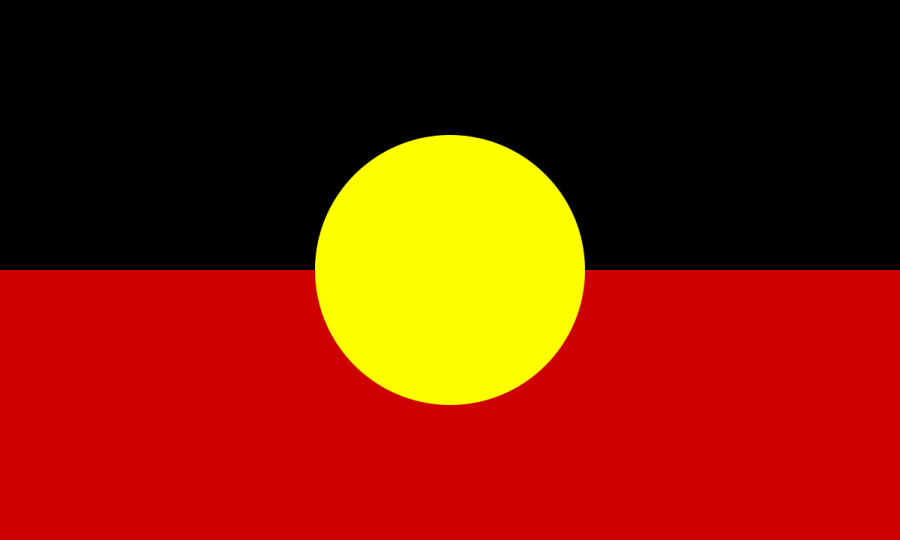"The Bible and the Cross help us to remember Christianity and to believe in God," said the late David Burrumarra. "They are like eyeglasses. Without these glasses would we see God in our image (and vice versa) or would God look different? Would he look like the natural world? Our ‘white’ glasses show us God in a particular way."
For the Yolngu of northeast Arnhem Land, the Wangarr (or Dreaming) is the period when the world was created, the responsible creational beings, and the framework of laws guiding Aboriginal action. It refers to the "sacred" in the sense that strict prohibitions surround the places associated with Dreaming epics, art depicting the ancestral entities, and ceremonies re-enacting pioneering creational endeavors. Most words for the sacred in common use in the Yolngu realm speak of the Wangarr in prohibitive terms--words like dhuyu, which means dangerous, forbidden, etc. Body language for the sacred--the projected fingers of the right hand embracing the vital and vulnerable adam’s apple--suggests that humankind is threatened in the presence of other-worldly Wangarr spirits. Only certain people maintain intimate communion with these spirits and then only under certain conditions. There are words in Yolngu-Matha for Allah, for a Christ-like father figure, and for a heavenly paradise above, all drawn from long contacts with Islamic traders from eastern Indonesia, but according to Burrumarra, only one word refers to sacred as the source of all life. What supernatural entity or entities allow "a tree to take water inside itself from the leaves and roots and to flourish?" asked David. "We know this is where the tree gets its water but we don’t see it happening. We only hear about it. Motj is the water of life. It is our word for God.
"Motj is a word used only by the marrangitj--the sorcerer and healer. The Warramiri marrangitj would speak to Motj in all its dimensions. Motj directs our thinking to a purpose. We speak to the wind, clouds, and the earth, and Motj speaks to us through them. Motj is all the ceremonial beliefs, our cultural traditions. What is a person without Motj? Motj is between nothing and yes, nowhere and truth. . . . Motj manifestations (like the Bible, Cross, flying fox, or cuttlefish) help us to see; to believe. They make the creation stories real. We Warramiri draw life from many sources: the Christian Church; the Rainbow Serpent, Ngulwardo [a Dreaming entity]; and so on. Who we are comes from Motj. The lightning strikes in the middle of the ocean--in the east. The whale rises to the surface from the depths and throws water from its head to the heavens. It has that ‘light’ in [it]. This is one aspect of the life of the Warramiri. That light comes to a man or woman when the whale is in their hands, not before."

